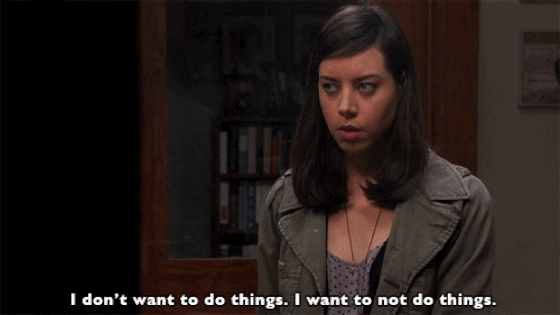The term “ghosting” — ending a relationship simply by cutting off all communication — was highly talked about this summer after Charlize Theron broke her engagement with Sean Penn by refusing to respond to his texts or calls.
Despite my disgust for Penn and his abusive tendencies in relationships, the cruelty of ghosting as a practice in itself struck me. A shocking 11 percent of Americans have been ghosted, which has sparked debate on the breakup method ranging from supportive to horrified.
Ghosting happens in platonic or romantic relationships between all sorts of people of different backgrounds, gender identities and sexual orientations. When ghosted, the incompleteness and lack of closure can be painful.
Some people suggested Theron might have cut off communication to avoid abuse — this is not ghosting — ending relationships due to abuse doesn’t need an explanation. Survivors of emotional, physical and sexual abuse owe nothing to their attackers. If lack of communication is necessary to keep someone safe, then that choice should be respected.
But, ghosting is defined by its apparent suddenness and lack of communication at the end of a relationship.
Why do people ghost?
Sudden and absolute removal of contact mostly occurs as a result of avoidance and an intense fear of conflict. Facing another person’s pain — especially someone beloved — can be excruciating. Someone might ghost their partner due to deep insecurities about themselves or the relationship.
Some will cite online dating apps and social media as ingredients to ghosting. Arguably, reliance on text-based communication may create the illusion that a relationship exists primarily within the screen. This illusion tricks a person into believing that lack of response to messages equates a breakup.
But, social media often acts as an obstacle to ghosting. Even if a ghosting perpetrator deletes their partner or friend on Facebook, mutual acquaintances may still share said perpetrator’s content.

What happens after the haunting?
Once enough time has passed to make it clear that all those calls and texts will never be returned, feelings of anger and hurt surpass the usual post-breakup depression. According to a study published in the Journal of Research in Personality, participants chose ghosting as the most painful breakup method — even worse than picking fights.
Ghosting reinforces any anxiety regarding relationships or abandonment. Plus, avoidance sometimes leads to bigger confrontations later, as partners insist on an explanation for days or weeks without contact.
After someone has been ghosted, dating expectations may lower dramatically. Commitment can seem impossible afterwards, but time and trusted loved ones are truly the best medicine for wounds of the heart.
Solutions to avoid a spook
In order for a breakup to be clean and healthy, partners must communicate honestly and openly. Do not begin a relationship that you know won’t end respectfully, and make preferences clear early on.
Serial ghosters may find their solution in a cognitive behavioral therapy tool called exposure. Practicing a breakup with a friend by role-playing can reduce anxiety.
No matter what, hold yourself accountable. Just because one person deems something worthless does not remove its worth.














